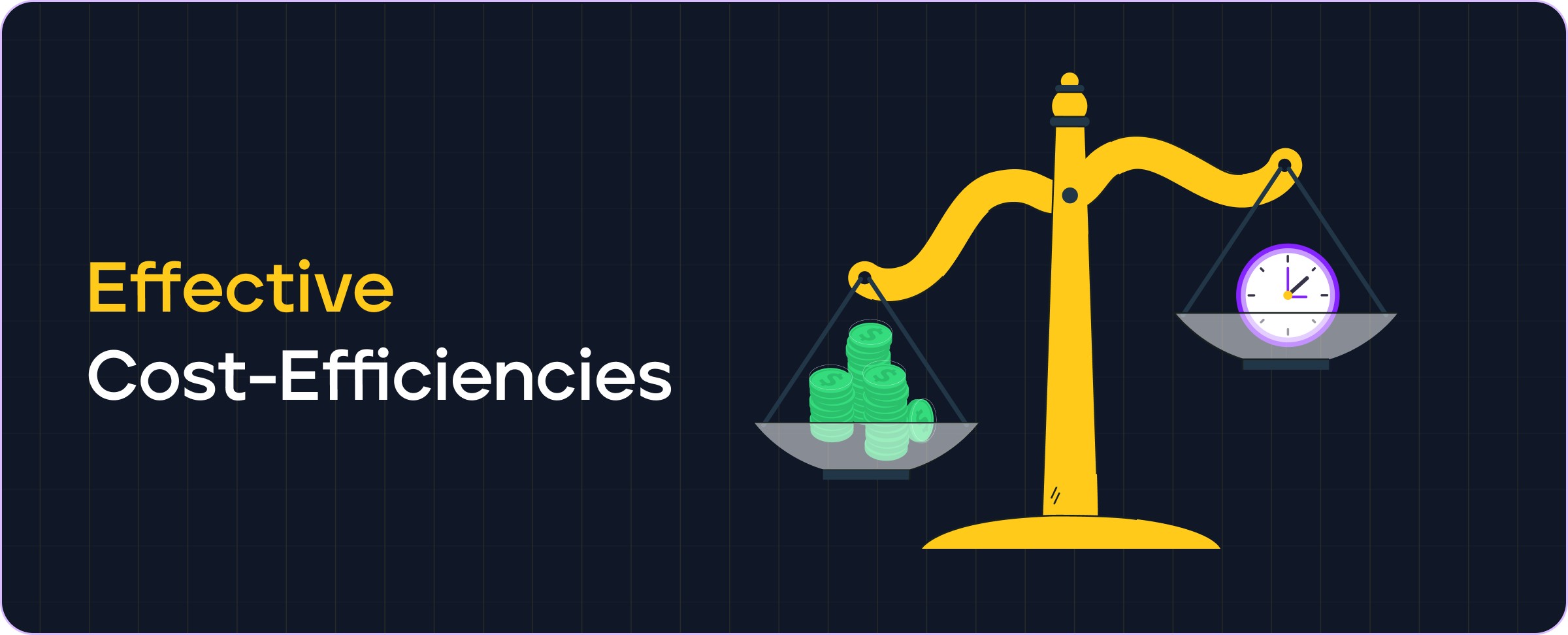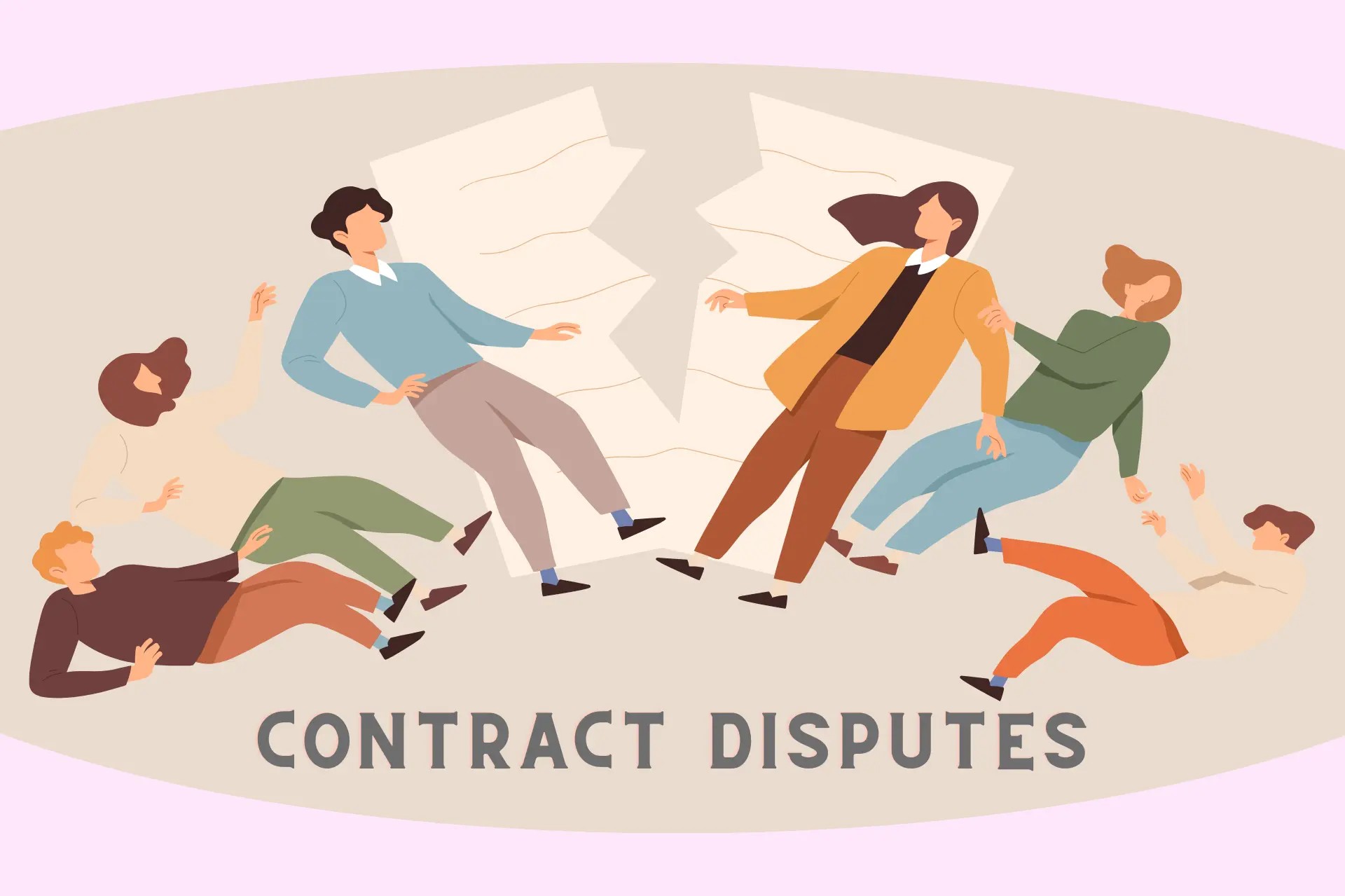Alternative Dispute Resolution: Saving Time and Money in Legal Conflicts
In today’s fast-paced business environment, conflicts are inevitable. Whether they arise from contractual disputes, employment disagreements, or differences in business strategies, the traditional litigation route can be lengthy, costly, and emotionally draining. This is where Alternative Dispute Resolution (ADR) comes into play, providing efficient, less adversarial means to resolve conflicts. This article discusses the benefits of ADR, available services, and how businesses can save time and money by opting for this approach.
Understanding Alternative Dispute Resolution
Alternative Dispute Resolution encompasses a variety of processes used to resolve conflicts without resorting to traditional court proceedings. The main types of ADR include mediation, arbitration, and negotiation, each serving different needs and preferences.
- Mediation: This process involves a neutral third party (the mediator) who facilitates communication between disputing parties to help them reach a mutually acceptable agreement. Mediation is particularly beneficial as it promotes collaborative problem-solving while allowing parties to maintain control over the outcome.
- Arbitration: involves an impartial individual, known as an arbitrator, who listens to both parties involved in a disagreement and delivers a ruling. The outcome can be legally binding or advisory, depending on what was agreed beforehand. While similar to a courtroom proceeding, arbitration tends to be more relaxed, faster, and confidential.
- Negotiation: This is a direct dialogue between the parties involved, aiming to resolve their issues through compromise and mutual agreement. Negotiation often serves as the preliminary step before engaging in mediation or arbitration.
Advantages of ADR
1. Cost-Effectiveness
One of the most compelling reasons to consider ADR is its potential for cost savings. Litigation can drain financial resources through attorney fees, court costs, and extended timelines. ADR processes generally require fewer legal expenses, making them a more viable option for small businesses and individuals.
With mediation, for example, clients often pay only for the mediator’s time, which can significantly lower the total costs compared to a full courtroom trial. Similarly, arbitration eliminates many court-related expenses, making it a more affordable choice.

2. Time Efficiency
Business disputes can consume valuable time, and prolonged litigation can lead to unproductive business operations. ADR offers quicker resolutions due to shorter processes compared to traditional court proceedings.
Mediations can often be scheduled within weeks of the initial conflict, allowing parties to resolve issues swiftly and resume normal operations. Arbitration usually takes less time than court trials as well, with hearings often concluded in a matter of days or months, rather than years.
3. Privacy and Confidentiality
Court proceedings are typically public, meaning sensitive business information can be exposed during a trial. ADR processes, especially mediation and arbitration, allow for a greater degree of privacy. This confidentiality can protect a business’s reputation and sensitive information, which is particularly vital in competitive industries.
4. Control Over the Outcome
In litigation, a judge or jury decides the outcome, which may not align with the interests of either party. However, in ADR, especially mediation, parties retain control over the resolution process. They work collaboratively to craft solutions that suit their needs, fostering more satisfactory outcomes and preserving relationships.
5. Flexibility
ADR processes are generally more flexible than traditional litigation. The parties involved can choose the format, procedures, and even the individual who mediates or arbitrates the dispute. This flexibility allows businesses to tailor the dispute resolution process to the specific characteristics of their conflict.
Dispute Resolution Legal Services
Businesses seeking to utilize ADR can access various professional services. Legal consultants specializing in dispute resolution can offer valuable assistance, including:
- Case Consultation: Legal professionals can review the details of a dispute and advise on the most suitable ADR process. This consultation helps businesses make informed decisions, enhancing the likelihood of a favorable outcome.
- Mediation Services: Many attorneys specialize in mediation and can act as neutral parties to facilitate negotiations, ensuring clear communication and a balanced approach to conflict resolution.
- Arbitration Services: Legal experts in arbitration can represent clients during hearings or serve as arbitrators, ensuring that the parties’ interests are adequately represented.

Business Dispute Resolution and Mediation Services
In the realm of business, disputes may arise from partnerships, contracts, or workplace dynamics. Engaging in ADR for these conflicts can lead to more harmonious resolutions and improved business relationships.
1. Contractual Disputes
Contracts are the backbone of business relationships. However, disagreements can arise over interpretations and obligations. Mediation can be particularly effective in resolving these disputes, allowing parties to work collaboratively towards a mutually beneficial solution.

2. Employee Disputes
Workplace conflicts can range from policy interpretations to personal grievances. Leveraging ADR, particularly mediation, allows employers to address employee issues amicably while fostering a supportive work environment.
3. Partnership Conflicts
Partnership disagreements can threaten business stability. ADR enables partners to discuss their concerns openly and reach conclusions that preserve their working relationships and avoid public disputes.
Conclusion
Alternative Dispute Resolution (ADR) is an invaluable tool for businesses facing conflicts. By opting for mediation, arbitration, or negotiation, companies can save time and money while achieving amicable resolutions. These processes not only minimize costs and legal risks but also enhance flexibility, confidentiality, and control over outcomes.
Investing in professional dispute resolution legal services can further streamline the process, allowing businesses to effectively navigate conflicts with confidence. In today’s competitive landscape, embracing ADR is not just a strategic choice; it’s a vital approach to sustaining healthy business operations and relationships.
